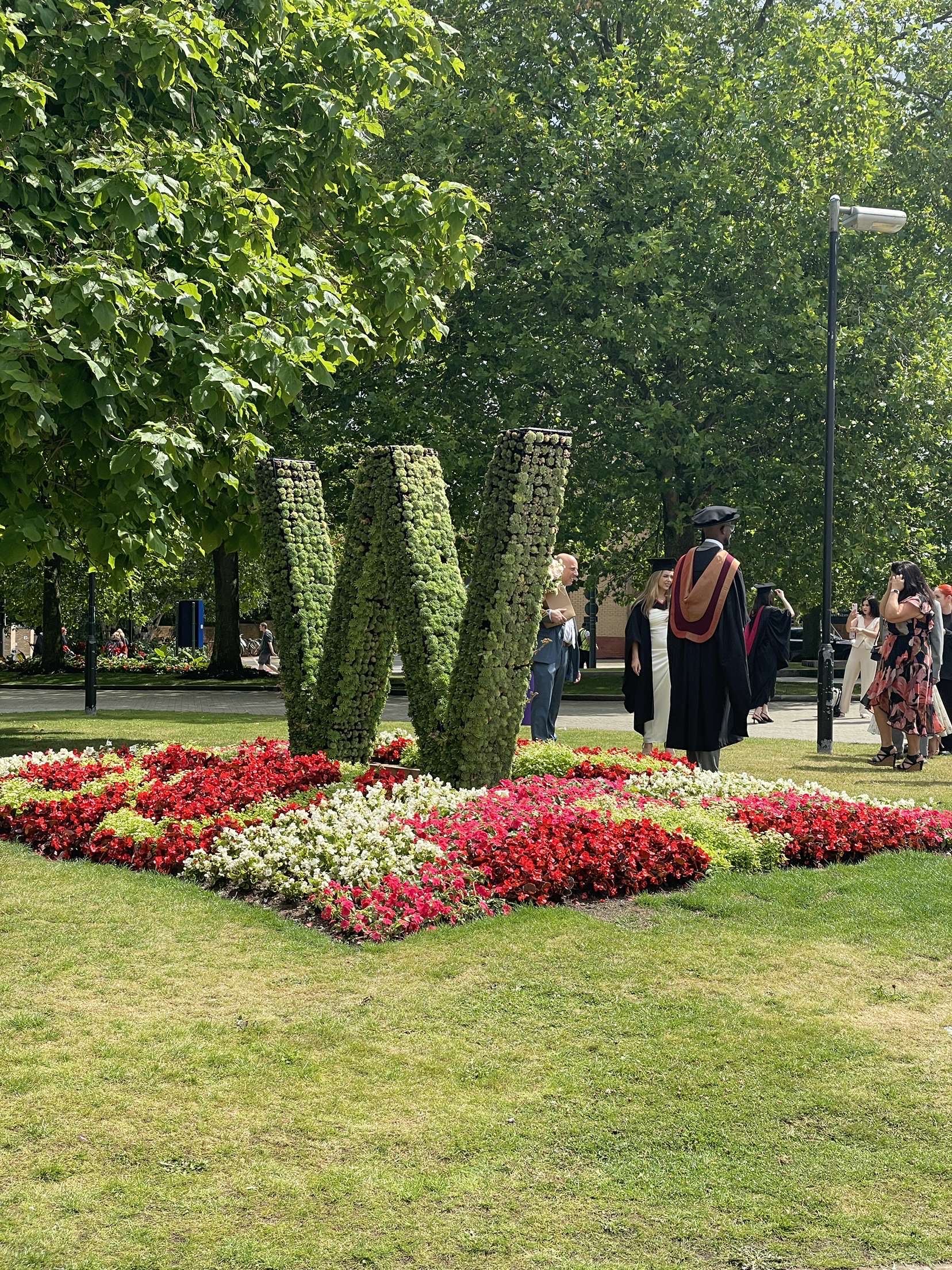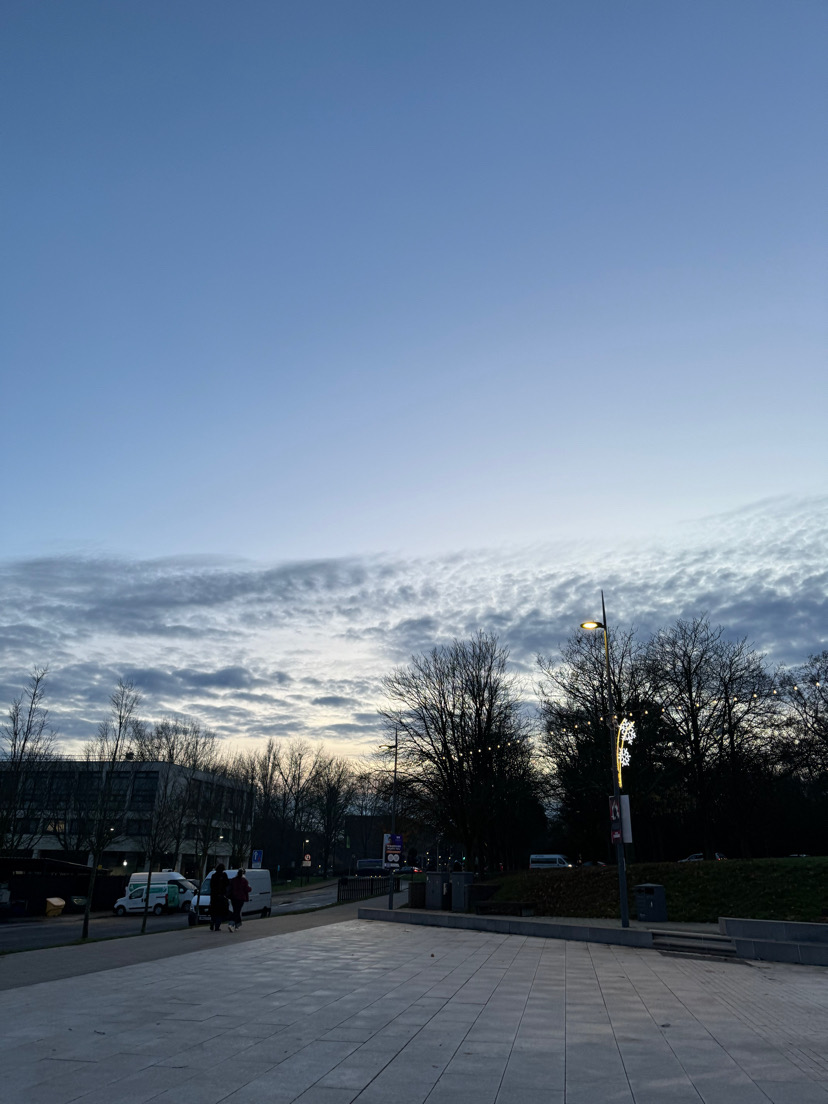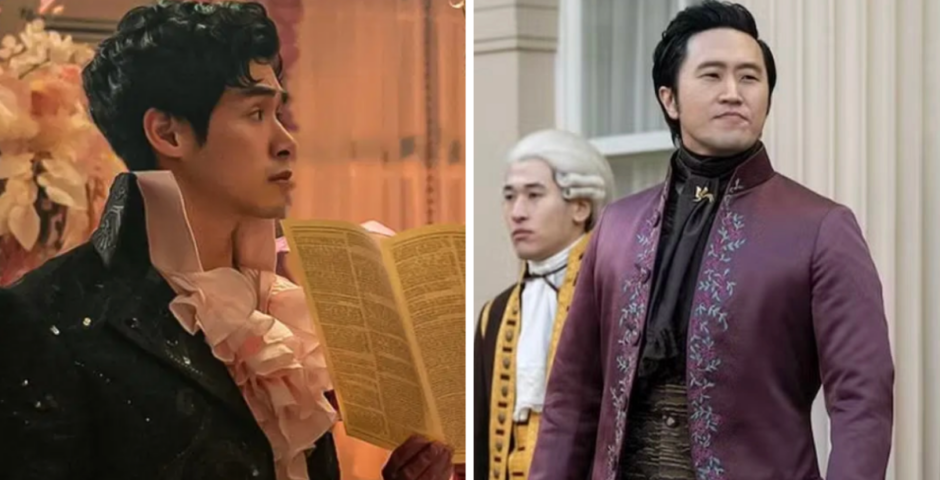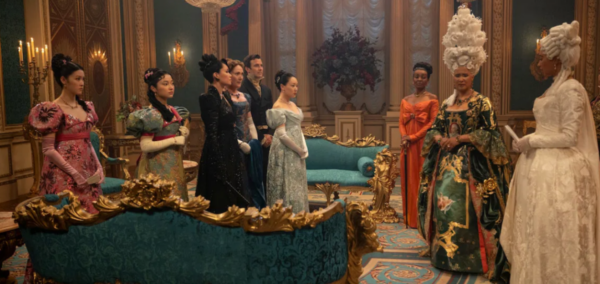
University of Warwick under fire for prolific spending on ‘tone-deaf’ PR activities
Warwick criticised for ‘Beyond’ rebrand just a year after it made 218 staff redundant
The University of Warwick is facing criticism for spending money on a global marketing strategy after cutting 218 jobs.
It has come to light that the university has funded articles in Harper’s Bazaar India, The Times of India, and lifestyle magazine Monocle, as well as a feature in Vogue Singapore, centred on the university’s Chief Communications and Marketing Officer, Ajay Teli.
The campaign, part of a wider “Brand Evolution Project” marking Warwick’s 60th anniversary, has Ajay Teli wearing designer clothing and said he would use his experience in the “premium and luxury sectors” to boost Warwick’s reputation. In the spread, he discusses his “journey from the world of luxury into higher education” and Warwick’s future as a “globally recognised, loved and progressive education brand”.
The university initially declined to say what it paid for the Vogue Singapore spread, but Times Higher Education reported that a media kit done from Vogue Singapore shows that branded content typically costs between S$8,500 and $42,000 (approximately £4,900 to £24,000).
These expenditures come after the university laid off 218 staff members last year amid growing financial pressures across the sector. That figure is more than twice the total from the previous year and brings the university’s total redundancies to over 900 in just the past five years, according to an analysis by The Telegraph.
According to Times Higher Education, a PhD student at Warwick said the campaign appeared to view universities as being like “luxury brands” but “to think about them as such is to fundamentally misunderstand their purpose”.
“They don’t exist to cultivate prestige – they exist to expand knowledge, support critical thinking and serve the public good.”
The Telegraph reported that academics have accused the institution of indulging in a vanity project after it emerged the institution funded Vogue photoshoots for senior staff as part of the new global marketing strategy.

Marketing activity has also included sponsored appearances at the South by Southwest festival in Texas, hiring celebrity chef Aldo Zilli to create a “sardine and prawn” dish to celebrate the 700th anniversary of Venice in a YouTube collaboration, and the staging of a press conference in Mumbai, again featuring Teli. Warwick confirmed to The Telegraph that it paid for the video partnership, which received fewer than 400 views on YouTube, but did not disclose the cost.
A University of Warwick spokesperson told The Warwick Tab: “As a globally leading university, we aim to attract students from the UK and all over the world. The work we are carrying out is in line with our global communications, marketing and student recruitment strategy.
“As part of this, our academics and senior executives are actively engaged as ambassadors, championing the University’s vision and values across key national and international platforms.
“Our strategy encompasses research promotion, academic expertise, media partnerships, and brand evolution, all aligned to deliver long-term impact in an increasingly competitive higher education sector.
“Our aim is to amplify the University’s standing as a globally recognised, loved and progressive education brand that engages students, potential students, academics, and research partners in our 60th anniversary year. Like every organisation, we have costed these projects in line with our financial strategy.”

The ‘Beyond’ Project
These financial and reputational tensions provide the backdrop to Warwick’s latest marketing initiative: the “Beyond” campaign. The homepage of the University of Warwick’s website has been replaced since June with a lilac landing page unveiling its new tagline: “This is University of Warwick. This is Beyond.”
According to The Telegraph, a now-removed page on the institution’s website provided staff with guidance on incorporating the university’s new “Beyond” slogan into marketing material. It read: “Using Beyond as an abstract noun captures the idea that ‘Beyond’ is a conceptual space where limits are exceeded.
“Good example: Beyond is harnessing linguistics in sport. Poor example: We go beyond to harness linguistics in sport.”
The sleek new brand identity being developed as part of Warwick’s wider marketing efforts during its 60th anniversary year has faced ridicule from staff for being “tone-deaf”. One Warwick academic told The Telegraph: “People are fuming. Many have likened it to the Jaguar campaign and feel embarrassed to be associated with it.”

But, Kevin Ibeh, an external adviser to Warwick’s Africa strategy and a professor of marketing and international business at Birkbeck, University of London defended the the university’s approach.
“In an era of constrained funding, strategic branding supports financial sustainability and subsidises struggling academic areas,” he said.
“Given that universities’ need for financial sustainability is increasingly beyond the gift of most governments, or even donors, nuanced adoption of ideas from successful business organisations ought not be dismissed and mocked…Strategic branding is thus important, and resources gained therefrom typically help universities to ensure breadth of academic provision by subsidising ‘struggling’ subject areas.”


















